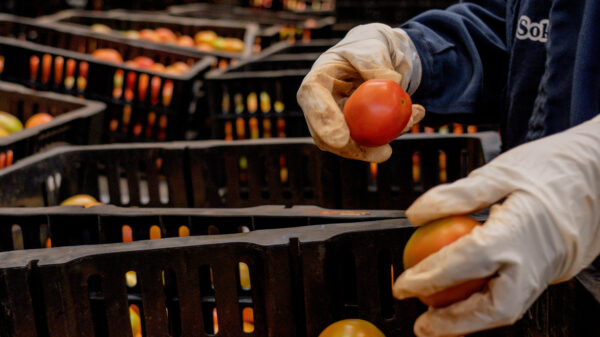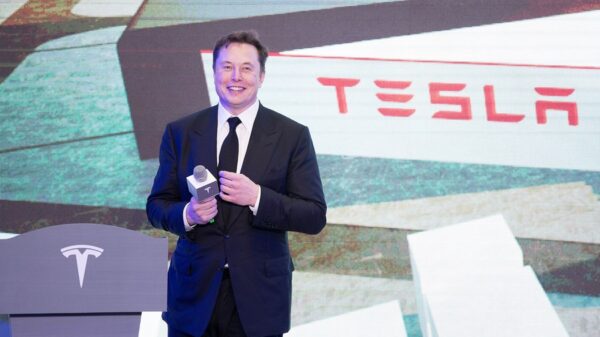WASHINGTON, June 17 (Xinhua) — The International Monetary Fund (IMF) on Monday urged fiscal policymakers to build stronger social safety nets, increase investment in education and reform tax systems to support human workers and mitigate inequality in AI transition.
“New generative-AI technologies hold immense potential for boosting productivity and improving the delivery of public services, but the sheer speed and scale of the transformation also raise concerns about job losses and greater inequality,” Era Dabla-Norris and Ruud De Mooij, deputy directors in the IMF’s Fiscal Affairs Department, wrote in a blog.
A new IMF paper argues that fiscal policy has a major role to play in supporting a more equal distribution of gains and opportunities from generative AI.
“But this will require significant upgrades to social protection and tax systems around the world,” the two noted.
Lessons from past automation waves and the IMF’s modeling suggest more generous unemployment insurance could cushion the negative impact of AI on workers, allowing displaced workers to find jobs that better match their skills, they said.
At the same time, sector-based training, apprenticeships, and upskilling and reskilling programs could play a greater role in preparing workers for the jobs of the AI age.
The IMF officials argued that a tax on AI is not advisable, as a specific tax on AI might reduce the speed of investment and innovation, stifling productivity gains.
Taxes on capital income should be strengthened to protect the tax base against a further decline in labor’s share of income and to offset rising wealth inequality, they said, adding that more investment in education and social spending to broaden the gains from AI will require more public revenue.
“Decisions made now by policymakers will shape the evolution of AI for decades to come,” the IMF officials noted.
“And given the global reach of this powerful new technology, it will be more important than ever for countries to work together,” they added.








































